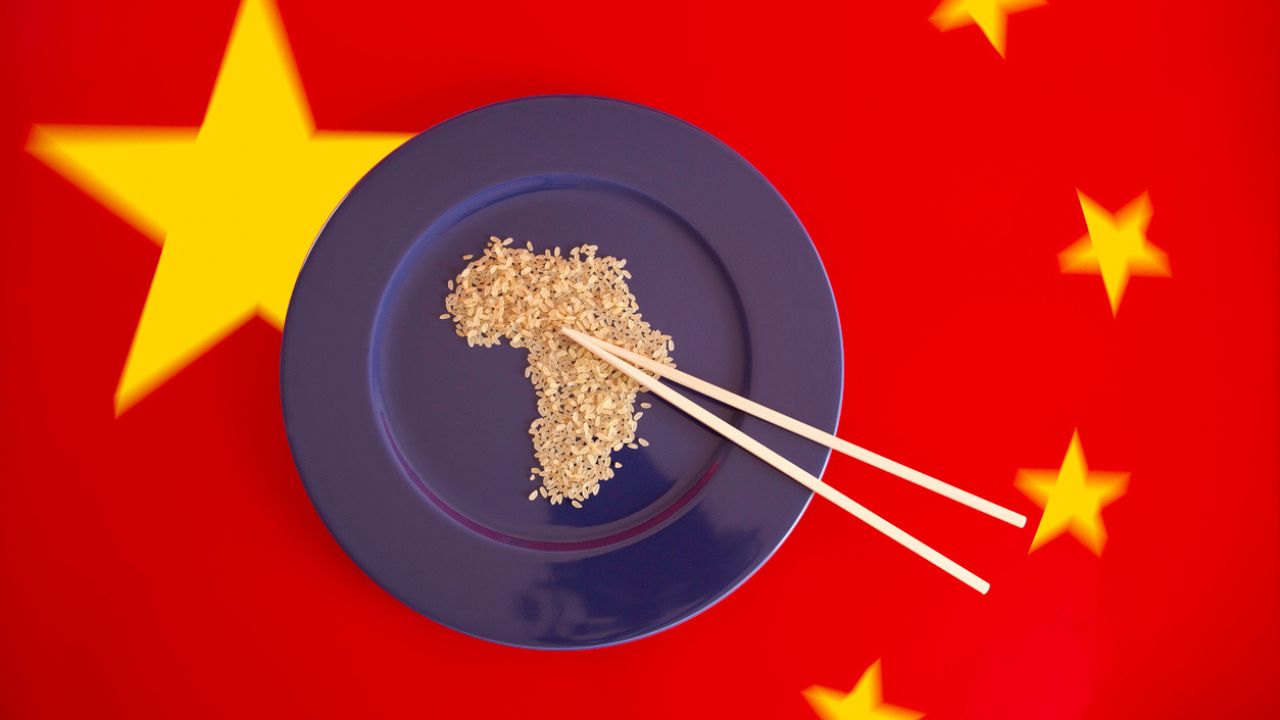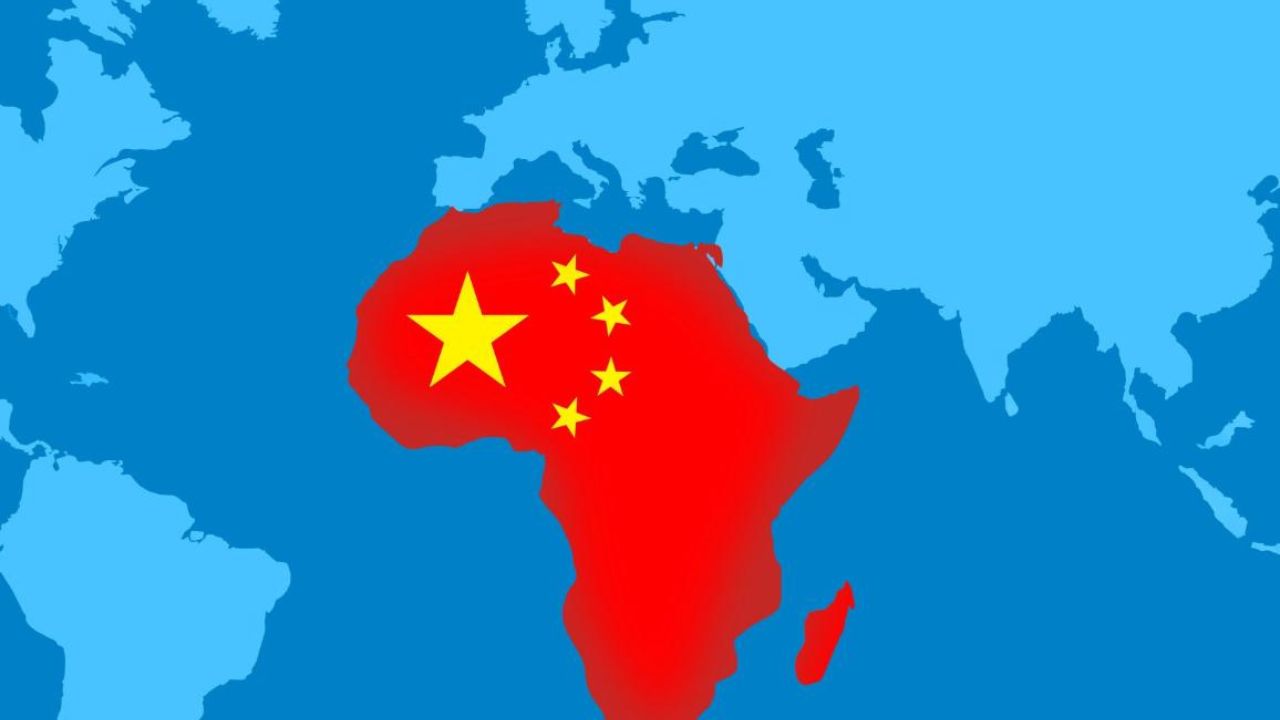Over the past decade, China has been investing heavily in African countries, leading some experts to suggest that Africa is becoming "China's China." While this relationship has its advantages, such as increased economic growth and job creation, it also raises concerns about African economic independence and the long-term implications of China's influence. In this blog, we will explore the reasons behind this trend, its benefits and drawbacks, and the potential implications for the future.
Historical Background
China's engagement with Africa has a long history, dating back to the 1960s and 1970s, when China provided military aid and technical assistance to newly independent African countries that were fighting against colonialism. However, during the Cold War, China's relationship with Africa was limited, as most African countries were aligned with the Soviet Union or Western powers.
After the Cold War, China started to pay more attention to Africa, recognizing the continent's strategic importance as a source of raw materials, a market for Chinese goods, and a potential ally in the international arena. In 2000, China established the Forum on China-Africa Cooperation (FOCAC), a platform for promoting trade and investment between the two regions.

China-Africa Economic Ties
Over the years, China has become Africa's largest trading partner, and this relationship has been fueled by China's need for resources and Africa's need for investment and development. In 2020, China-Africa trade reached a record high of $208.7 billion, up from $10 billion in 2000. China has invested heavily in African infrastructure, such as ports, railways, and telecommunications, which has helped to boost economic growth on the continent.
China has also been a significant source of foreign aid and loans to African countries. According to a report by the China-Africa Research Initiative at Johns Hopkins University, China's official development finance to Africa totaled $152 billion between 2000 and 2020. This includes grants, interest-free loans, and concessional loans for infrastructure projects.
Benefits of China-Africa Economic Ties
There are several benefits of the economic ties between China and Africa. First, China's investment in African infrastructure has helped to improve the continent's connectivity, making it easier for goods and people to move across borders. This has stimulated trade and investment and has helped to create jobs and boost economic growth.
Second, China's investment in African infrastructure has helped to address the continent's infrastructure deficit. According to the African Development Bank, Africa needs to invest $130-170 billion per year in infrastructure to meet its development goals. China has played a significant role in financing infrastructure projects in Africa, including ports, railways, and power plants.
Third, China's investment in Africa has helped to diversify the continent's trading partners. Many African countries have been heavily reliant on exports of primary commodities to Western markets, which has made them vulnerable to commodity price fluctuations. China's demand for African raw materials has helped to provide a stable market for these goods and has helped to reduce the continent's dependence on Western markets.
Social and Cultural Connections between Africa and China
Africa and China have a long history of social and cultural connections, dating back to the early centuries of the Common Era, when Chinese traders and explorers first visited Africa. These early interactions between China and Africa were characterized by mutual curiosity, respect, and admiration for each other's cultures and traditions.
In recent years, the social and cultural connections between Africa and China have continued to grow, driven in part by the increasing numbers of Africans studying and working in China, and Chinese immigrants living and working in Africa.
One area where this cultural exchange is particularly evident is in the realm of art and music. African and Chinese musicians have collaborated to create new forms of music that blend traditional African rhythms with Chinese melodies and instruments. For example, the Kenyan group Just A Band collaborated with Chinese artist Wan Xiaoli to create a song called "Ha-He," which fuses Kenyan rap with Chinese folk music.
In the world of cinema, there has been a growing interest in African films in China, and vice versa. African films have been showcased at Chinese film festivals, and Chinese films have been shown at African film festivals. In addition, Chinese filmmakers have started to produce films set in Africa, such as the 2017 film "Wolf Warrior 2," which was set in an unnamed African country.
Another area where Africa and China have been increasingly connected is in the realm of sports. Chinese investors have been investing in African football clubs, and African football players have been playing in Chinese leagues. In addition, China has been investing in African sports infrastructure, such as stadiums and training facilities.
Concerns about China-Africa Economic Ties
Despite the benefits of China-Africa economic ties, there are also concerns about the relationship. Critics argue that China's investment in Africa is driven by its own economic interests, rather than a genuine desire to help African countries develop. They also point out that many of the infrastructure projects that China has financed have been built by Chinese companies, rather than local firms, which has led to concerns about job creation and the transfer of skills to local workers.
There are also concerns about the long-term implications of China's influence in Africa. China has been accused of engaging in "debt-trap diplomacy.





